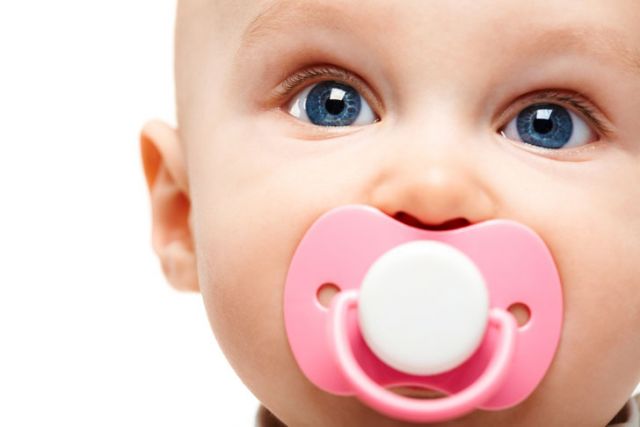
A study found that avoiding pacifiers don't really show any breastfeeding outcomes. Individual interventions to help new moms breastfeed are still recommended, but hospital-wide policies tend to show little benefit, said the report by the US Preventive Services Task Force (USPSTF).
The benefits of breastfeeding are many which includes nutrition and immune system boost for babies, while it also helps mothers bond with their infants and helps with maternal weight loss as well.
“There is convincing evidence that breastfeeding provides substantial health benefits for children and adequate evidence that breastfeeding provides moderate health benefits for women,” said the report in the Journal of the American Medical Association (JAMA).
“However, nearly half of all mothers in the United States who initially breastfeed stop doing so by six months.”
The American Academy of Pediatrics urges women to breastfeed for at least the first year if possible, while the World Health Organization recommends up to two years of age or beyond. However there is a low percentage of US babies that are breastfed exclusively for six months, suggesting that women face challenges in continuing to breastfeed. This is due to challenges faced by the mother like returning to work while others prefer the convenience of the formula.
The study found that hospital policies designed to encourage breastfeeding by implementing a series of pre-determined steps did not show any significant effect on improving breastfeeding. It also warned that some of the policies put in place have the potential to be harmful. For instance, step nine of the World Health Organization’s Baby-Friendly Hospital Initiative urges parents to avoid giving pacifiers to babies, on the basis that they could deter breastfeeding. However, the evidence review “showed that avoiding pacifiers was not associated with any breastfeeding outcomes.”
Pacifiers are recommended as a way to help reduce the risk of sudden infant death syndrome (SIDS).
“routine counseling to avoid pacifiers may very well be ethically problematic,” the editorial added.
“Although these conditions are generally mild and often resolve rapidly, their frequency is high; one to two percent of all US newborns require readmission in the first week after birth, and the risk is approximately doubled for those exclusively breastfed,” said the JAMA editorial.
The long-held recommendations that babies should be fed only breast milk for their first six months of life may need to be reconsidered because recent research shows that some babies could benefit from small introductions of highly allergenic foods like crushed or ground peanuts in their first four to six months.
The editorial urged medical professionals to exercise their individual judgment and pursue tailored approaches to helping women with their personal breastfeeding needs.
“A single, uniform approach is ineffective at improving breastfeeding duration of the population,” it said.
Try this recipe and say goodbye to "Diabetes"
Home Remedies To Treat 'Gas Problems' In Infants!!!
Dates - The Best Food For Heart Attack, Stroke and...